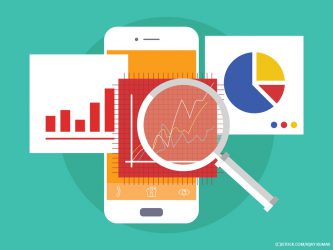The cookie is dead: Long live identity graphs
Despite being the backbone of programmatic advertising since the launch of the first banner ad in 1994, the third-party cookie’s reign is set to come to an end. In under a year’s time, Google is planning on following competitors such as Mozilla and Apple in eliminating the cookie from its browser.
The death of the cookie represents a fundamental change in how marketers interact with and personalise messages to consumers. Tracking how people browse the internet, third party...













